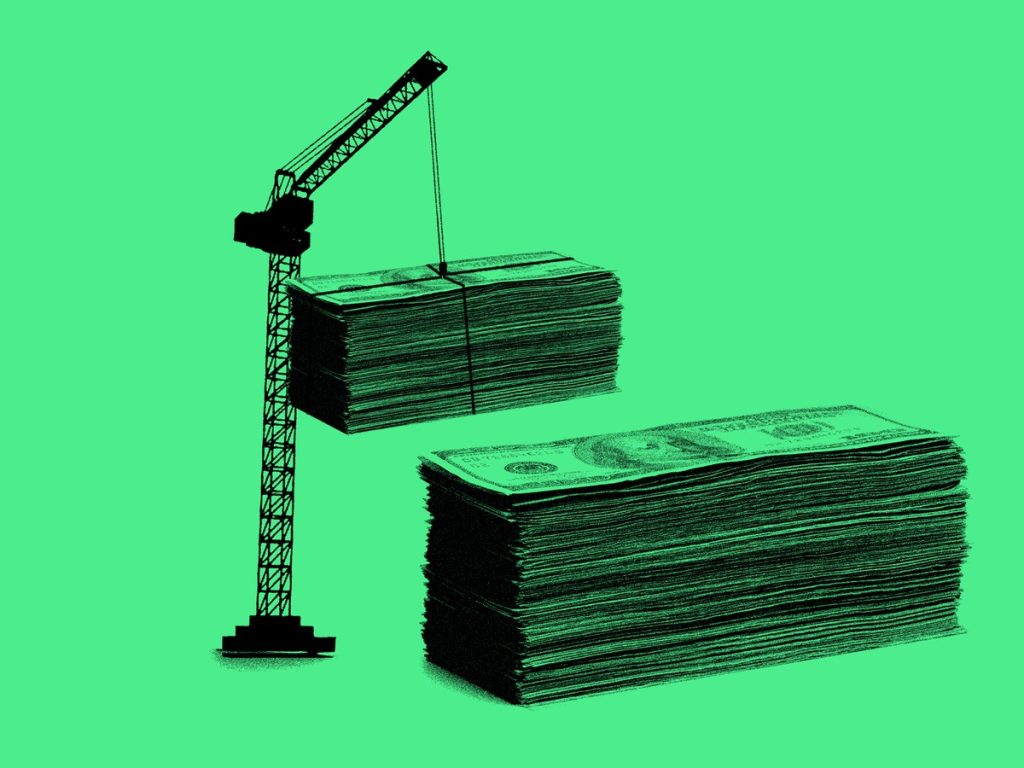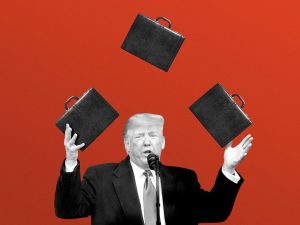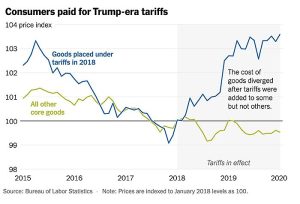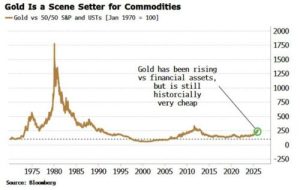America’s Fiscal Crisis: How Debt and Partisan Gridlock Are Bankrupting the Nation

By Veronique de Rugy
Thursday, 02 October 2025 01:56 PM EDT
The federal government has accumulated an additional $2 trillion in debt over the past 12 months—a pace of borrowing typically seen only during wartime or national emergencies. Yet today, as Republicans and Democrats engage in another budget showdown, the nation is not at war. The economy thrives, but a shutdown persists, accomplishing nothing to address the root cause: unchecked spending, particularly in entitlement programs.
The Daily Treasury Statement reveals federal debt has climbed from $35.5 trillion last September to $37.5 trillion this week. In peacetime, with low unemployment and a booming stock market, this level of borrowing is reckless. However, Washington’s focus remains on political posturing rather than fiscal responsibility. Republicans, despite their self-proclaimed fiscal conservatism, have overseen much of this debt surge, citing $206 billion in “savings” and $213 billion in tariff revenue—figures that pale in comparison to the debt.
Tariff income, as noted by Tax Foundation analysts Alex Durante and Garrett Watson, has minimal impact on the fiscal trajectory. Even if all of President Trump’s tariffs were collected, the federal debt-to-GDP ratio would surpass 124% by 2035. These taxes are borne by Americans, not foreigners, and their economic slowdown effects negate much of the revenue.
Democrats, meanwhile, push for expanded spending, blocking a clean continuation of former President Biden’s budget to force new entitlements. This includes making Obamacare subsidies permanent, despite taxpayer contributions covering 93% of premiums—up from 68% in 2014. The Department of Health and Human Services alone administers hundreds of welfare programs, while the Department of Agriculture subsidizes farms, food stamps, and school lunches. Add tax breaks disguised as entitlements, and the budget spirals into an unmanageable web of subsidies.
“Deficit Day,” when federal revenues run out, occurred on September 21 this year. Every dollar spent afterward is borrowed, with Washington spending $19 billion daily—$7 trillion in 2025. Both parties share blame: Republicans prioritize short-term fixes like tariffs over structural reform, while Democrats demand more spending without accountability.
Experts argue for immediate action, including cutting entitlements and eliminating low-value programs. Yet neither party demonstrates the courage needed to address the crisis. As the debt grows, the government borrows as if in wartime while insisting it is merely conducting routine operations.







